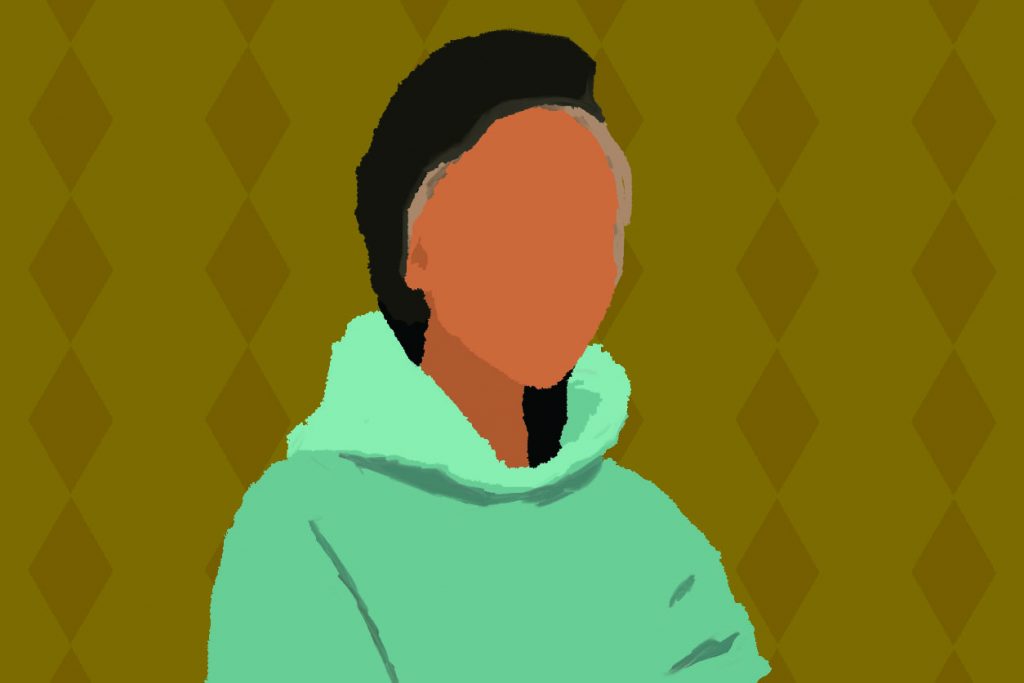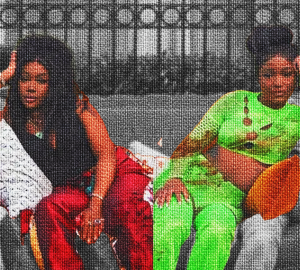
In light of the #MeToo movement, many women have come forward with their stories of sexual harassment. The result is a broadcast of these stories and their fallout. Accounts from victims of Harvey Weinstein, R. Kelly, Larry Nassar and more filled news reports. Online, people were sharing their own stories, populating trending pages and feeds. A common response to these stories was false accusations. The prevalence of sexual violence was too much for some to believe. These stories had to be fake — why not tell anyone? Why would they do that? What were they wearing?
The CDC reports nearly 1 in 5 women and 1 in 38 men have experienced attempted or completed rape in their lifetime. Why did it have to take painful testimonies for people to start taking sexual violence seriously?
In December, musician FKA Twigs filed a lawsuit against her ex Shia LaBeouf. She accused him of emotional and physical abuse during their relationship. The details of this abuse can be found online, as can the details of other abusive relationships such as Woody Allen’s and his daughter Dylan Farrow’s.
FKA Twigs explained why she has been so open about her abuse in a New York Times article, “I’d like to be able to raise awareness on the tactics that abusers use to control you and take away your agency.” It’s about raising awareness and preventing it from happening to others. This is one of many legitimate reasons victims come forward. They want justice, they want to heal, they want to stop it from happening again, they want to hold their abusers accountable. But why should they have to publicize their pain for something to happen? This isn’t to say victims should accuse their harassers with no evidence, that’s a matter for court. There is a difference between giving testimony and having your story circulated online for weeks on end.
The simple act of talking about what happened can be very painful, and we shouldn’t expect every victim to lay their pain bare for us. The MeToo movement relied on people opening up about their experiences, but we can’t anticipate that as the norm. Some people are more than willing to talk about what happened to them, but others are not. Their stories and their pain are not lesser than because they won’t speak on it.
As MeToo appears in trends less and less, we can’t forget about it. We can’t forget how many people had a story to tell, because there are more stories that will never get told. There is nothing wrong with not sharing, though we all need to take measures to prevent further crimes. Maybe the best way to encourage survivors is to not pressure them for details and let “Me too” be a complete sentence.



























